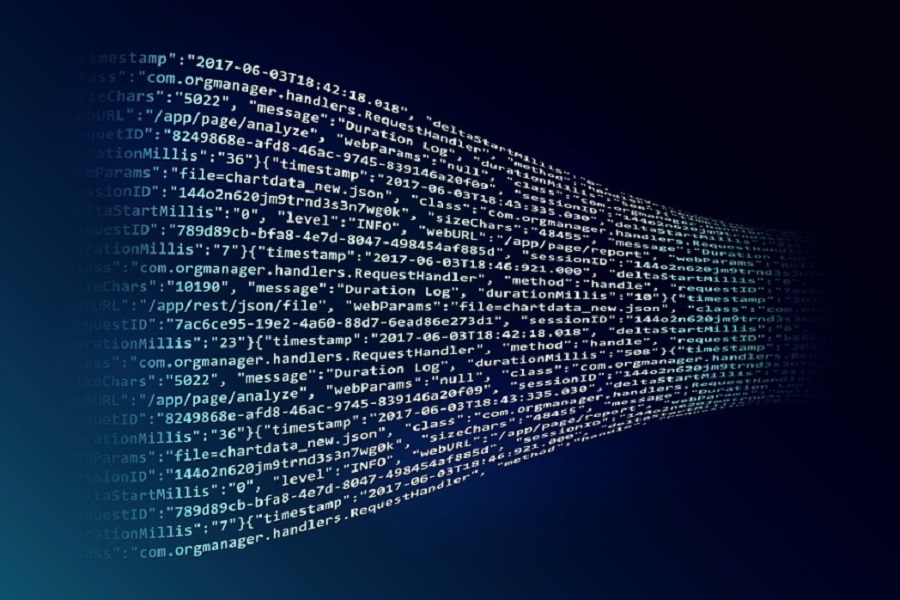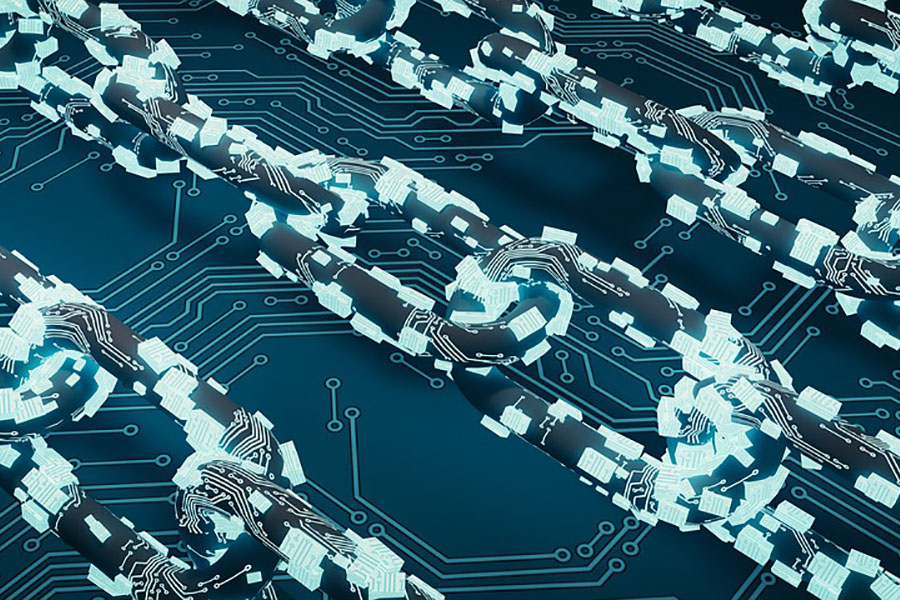"Growth economies must find ways to integrate intermediaries who will fight the prospect of obsolescence as blockchain technologies become more popular."
Musicians, poets and philosophers have spent entire lifetimes asking the question, "Who am I?" In the not-so-distant future, the answer to that question may be stored in our personal blockchain profiles — digital "arks" that contain the details of every decision, action and purchase we've made since the day we were born. Say goodbye to your birth certificate, credit score, passport, professional resume and medical history, and say hello to the future of blockchain: your blockchain profile. Your unique answer to the question "Who are you?" will be a chronological, hyper-detailed, immutable record that says with unprecedented certainty, "This is who I am."
Blockchain will not live inside our thoughts, emotions, dreams or nightmares. It will not capture the inner dialogues people reveal in personal diaries or while talking to the bathroom mirror in the morning. Blockchain will, however, never forget when you broke your arm at the age of five (climbing a bannister), how your heart rate spiked when you first met your spouse (you dropped your drink) or that you paid extra for rush delivery of a new pair of black shoes (your cousin's wedding).
Blockchain may not be the "you" robed Greek philosophers had in mind, but it will be the "you" the rest of the world sees — ideally, with your permission.
Know Your Rights in a Digital World
Businesses want access to your decisions. Information detailing why you choose to vacation in Vietnam, eat mussels at your favorite Italian spot every Tuesday night or only use a medium-bristle toothbrush is valuable to companies that want to sell you — and people like you — airline tickets, fresh seafood and toothpaste. Every online decision you make and action you take is data that reveals part of your personality and thought processes.
In recent years, businesses and policymakers have debated how much access companies should have to an individual's personal decisions — especially what they read, click on and buy online. While there are powerful forces seeking to retain control over the data individuals create when using online services, the winds are shifting, and regulatory momentum is beginning to favor the individual.
In May 2018, the E.U. set forth the landmark General Data Privacy Regulation (GDPR) that firmly establishes basic legal rights regarding data privacy, ownership, control, consent and portability for all of its citizens, regardless of where they live.1 In the U.S., the HIPPA Privacy Rule establishes national standards to protect individuals' medical records and other personal health information.2
These regulations are in place to protect citizens from organizations who may seek to use personal data for purposes other than what it was collected for, or for which consent has been explicitly given — and provide instruments to exact considerable penalties on entities that violate those laws. In an era of digital transformation, it is critical that people appreciate the value of their personal data and the extent of their rights to privacy.
For Sale: Sleeping Habits and Exercise Routines
Personal data is now part of the supply-and-demand dynamics driving capitalistic enterprises. Consumers not only possess purchasing power but also access to the thoughts and activities that precede particular purchases. This information is invaluable to companies that use data-driven strategies to sell their products and services to targeted consumers.
Before blockchain technology, it wasn't possible to have a comprehensive record that kept track of an individual's purchases and behaviors within the context of everything else happening in their lives. But now, it is possible. Today, blockchain makes it possible for people to have an immutable profile of unimaginable detail, one that begins on the day they're born and develops throughout their entire lives — recording everything from when they lost their first tooth to the names of their grandchildren. Every doctor visit, every homework question, every mouse click, every page view.
Businesses, naturally, will develop innumerable ways to incentivize people to allow access to their data. With individual rights established as the legal default, consumers will hold the power in this relationship and can monetize their data by renting access to various aspects of their blockchain profiles — from their sleeping habits to exercise routines. As deeper access is granted and more data sources are connected, behaviors can be predicted with greater accuracy, increasing the value of an individual's profile.
In effect, individuals will be able to self-identify as willing marketing targets who offer their comprehensive descriptive profiles for sale in an emerging digital marketplace for personal data — a development that will radically alter the business of advertising, data research and analytics.
A World of 8.5 Billion "Personhoods"
In 2030, the global population is expected to reach 8.5 billion. By that time, blockchains could consistently, reliably and securely organize data around the individuals who comprise the world's communities and nations. This makes person-centric societies technically possible, where citizens' actions and behaviors are digitally recorded in their "personhood" — an immutable record that serves as a single source of truth to their experiences and sensibilities.
People, in essence, will regularly create real-time data that is chronologically added to their collective profile — which includes health records, educational backgrounds, professional credentials, voter registrations, driver's licenses, criminal histories, financial status and any other notable aspect of being a person. "Personhood" could become the universally accepted record to which all identity-related information can be tied. All the processes once needed to validate identity will be replaced by an individual's comprehensive blockchain profile. The commoditization of personal data will profoundly impact how people relate to businesses and each other.
Will being held accountable to one's own "personhood" — and knowing that the details of our lives will forever be recorded in our blockchain profile — change how we behave? Will attempting to increase the value of one's "personhood" become an extension of trying to improve their own lives? Or vice versa? The rise of "personhood" could change our collective understanding of ownership in ways the human race hasn't witnessed since the concept of personal property rights first emerged.
The Future Challenges to a Blockchain World
There are always casualties to sweeping technological advancements. With the proliferation of blockchain technology and the rising value of individuals' data, societies risk becoming even more polarized along financial and class lines. Individuals with more purchasing power inherently possess data that is more valuable to businesses that sell products and services or governmental institutions that could benefit from their financial support or influence. Those without money or access to modern technologies will face profound disadvantages unless governments — especially those in growth economies — implement regulations that protect vulnerable citizens from being left behind. Growth economies must also find ways to integrate intermediaries who will fight the prospect of obsolescence as blockchain technologies become more popular.
Though the future is difficult to predict, and change always creates challenges, history teaches us that where value is created, technology eventually wins. The future of blockchain presents the human race with the opportunity to understand each other, and ourselves, in unprecedented ways. By providing new insights into human behaviors, relationships and business interactions, we can learn from each other and improve conditions for everyone.
Perhaps blockchain data will even convincingly demonstrate to humanity how similar we all are. In the future, the most important questions people can ask themselves is not, "Who am I as a person?" but, "Who are we as a society?" The answer to that question may create the type of civilization only dreamed of by musicians, poets and philosophers.
Interested in learning more about blockchain? Check out: Mercer Digital's Blockchain 101 Overview.
1Palmer, Danny. "What Is GDPR? Everything You Need to Know About the New General Data Protection Regulations." ZDNet, https://www.zdnet.com/article/gdpr-an-executive-guide-to-what-you-need-to-know/.
2"The HIPAA Privacy Rule." Office for Civil Rights, https://www.hhs.gov/hipaa/for-professionals/privacy/index.html.









